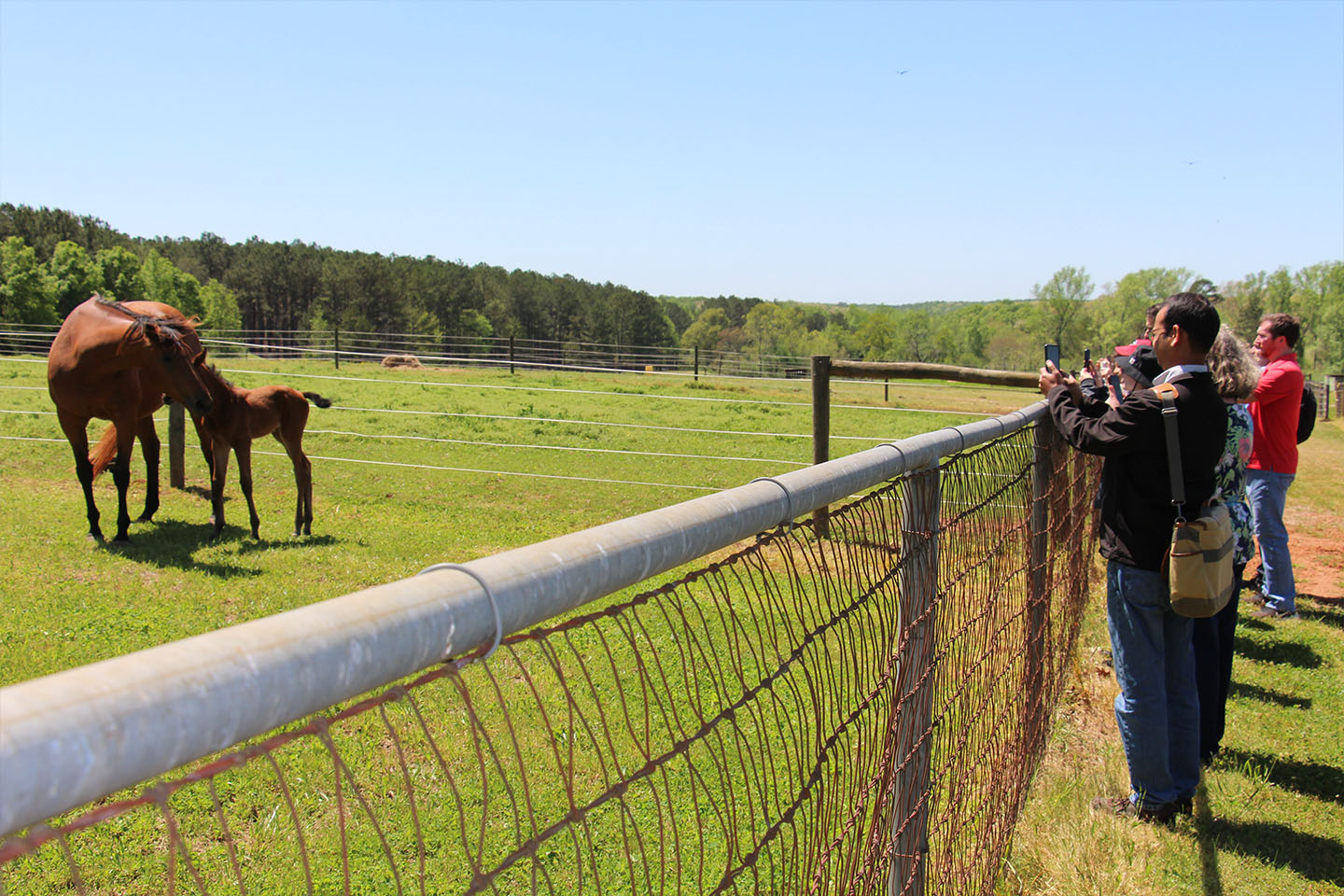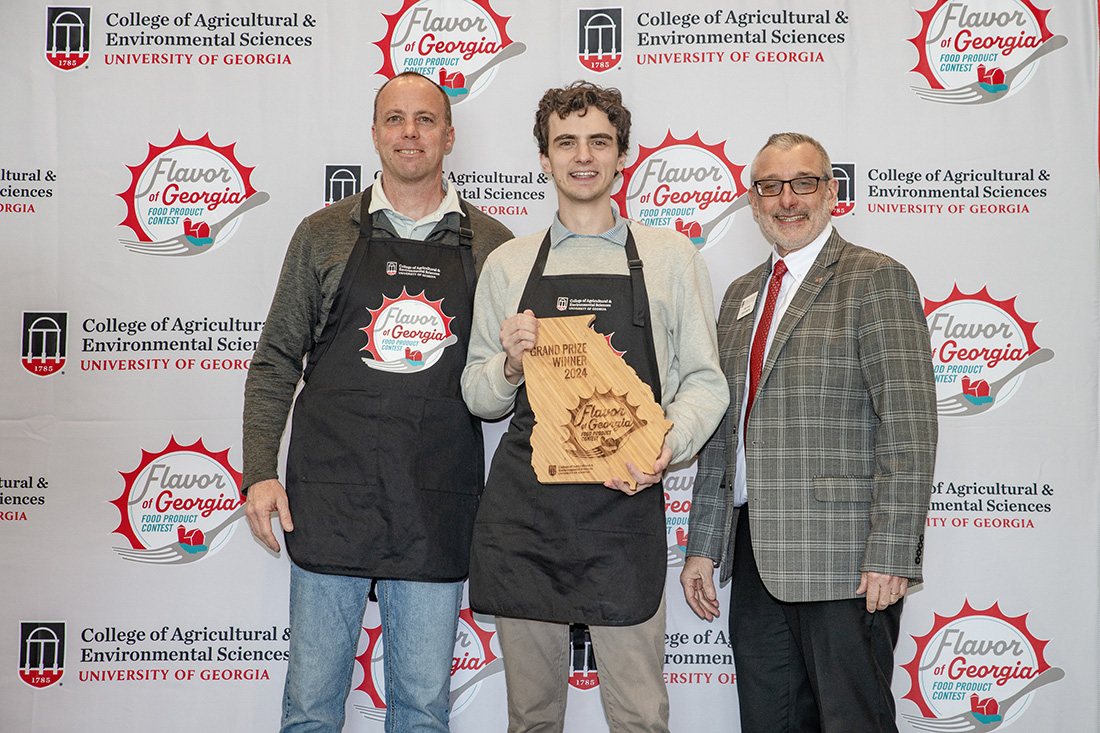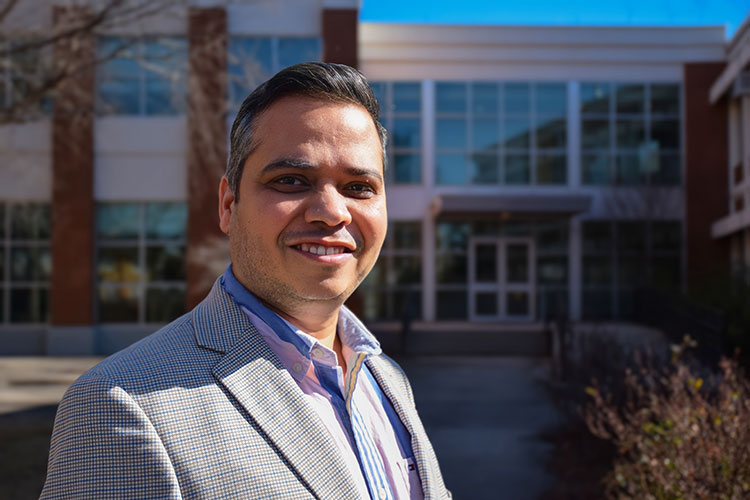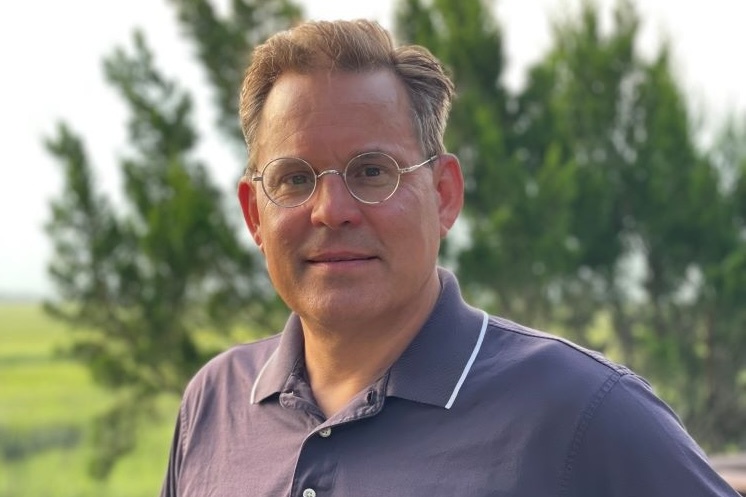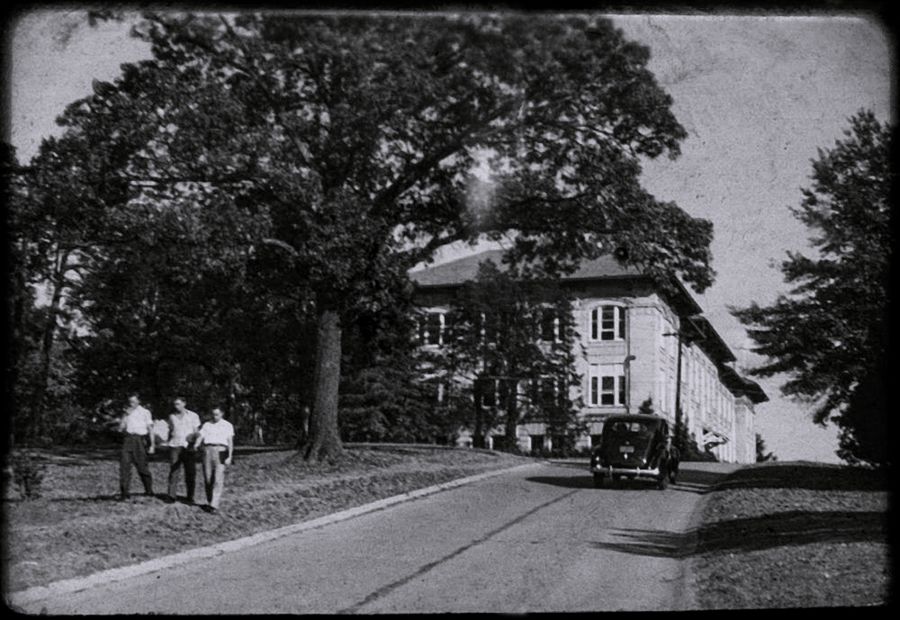 CAES News
CAES News
Value-Add
The University of Georgia is launching the Value-Addition Institute for Business Expansion, or VIBE, a new center for rural food business assistance and resources headed by professors from the Department of Food Science and Technology in the College of Agricultural and Environmental Sciences and the Department of Nutritional Sciences in the College of Family and Consumer Sciences. VIBE is funded by a $1.5 million grant from the United States Department of Agriculture’s Agriculture Innovation Center.

